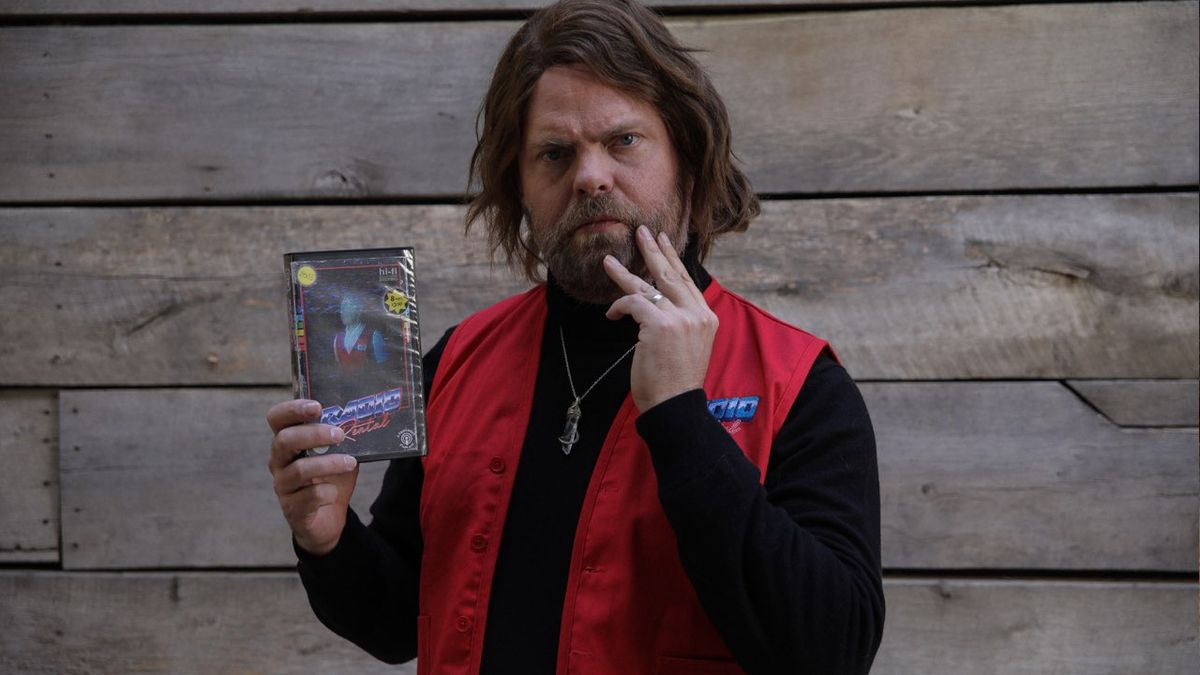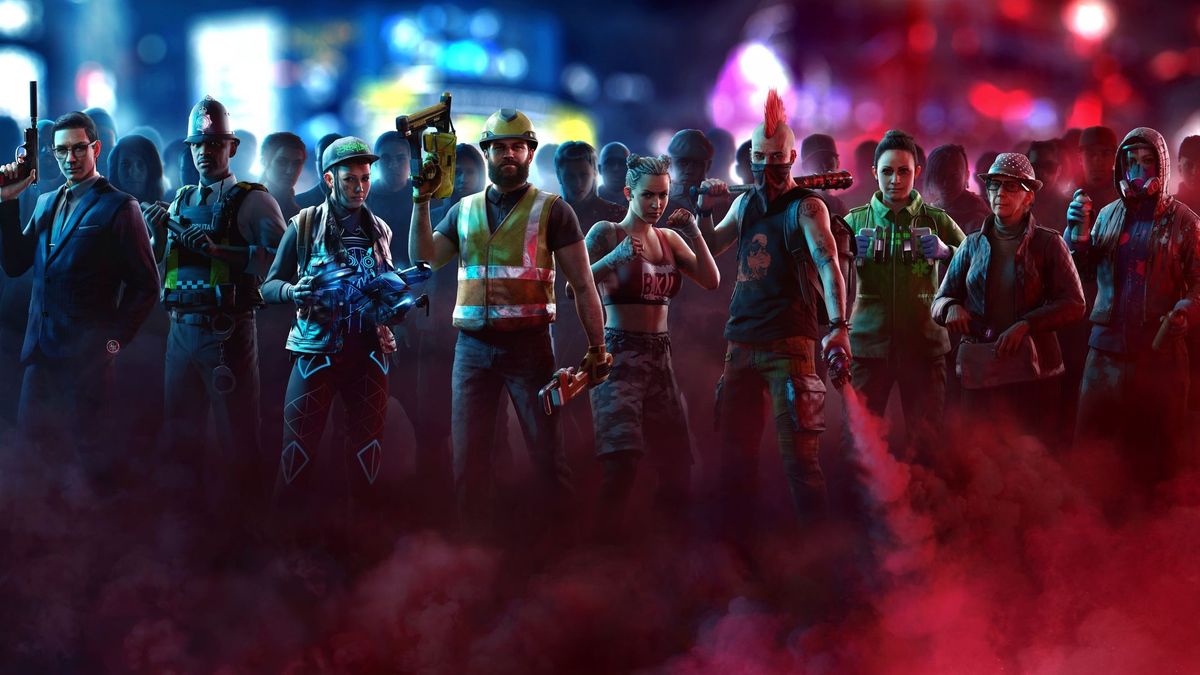Forza had a problem. Though it had no issue courting those already indoctrinated into car culture, the focus on authenticity was a turnoff for anyone else. The physics, the beautiful graphics, the realistic gameplay – they were all lost on a majority of gamers. There was no easy solution. Turning the game into an arcadey title no doubt would have backfired, and continuing to focus on the simulative experience would have isolated even more gamers. Instead, the developers found a new angle for Forza – one that has the potential to cater to the racing game fan, the racing fan, and the game fan.

At E3 2012 we had a chance to see exactly what this new direction was, and we were impressed with the developers’ goals for the Forza series. The conceptional core of this fix is the titular Horizon festival, a hybrid race meet/music fest. Set in Colorado (a location chosen after the development team researched over 30 other areas), Horizon is essentially a car-lovers Mecca. It’s not meant to be for hardcore racing fans or those completely obsessed with vehicular vernacular. It’s meant to bridge the gap, and to provide a generally fun experience for anyone with a passing interest in cars. In a way, it’s sort of symbolic for the actual goal of Horizon – to bring everyone together, regardless of their background, and to create an experience that anyone can enjoy.
We were run through some of the game by Ralph Fulton, design director on the title, who made sure to explain that, despite making major changes to the direction of the series, the Forza experience would still be one deeply routed in authenticity. This wasn’t Forza with arcade controls. In fact, Fulton specifically stated that arcade controls would undermine the vehicular focus of the title, as games that loosen up the controls in that way end up with a bunch of cars that feel the same. Fulton also said that the game would still feature a wide variety of real-life cars, just as past Forzas did.

So if those core tenants stayed the same, what was changed? Just about everything else. Forget about driving in circles from 99% of the game – Horizon’s Colorado location is open-world, and everything you can see you can drive to. Yes, this means off-roading, with over 65 different surface types expanding well past gravel roads. You’ll still be able to race, and compete with friends on the racetrack (with features similar to EA’s Autolog, which will make it easy to attempt to beat your friends’ scores and race against them), but it’s far from the only thing to do.
The point of the Horizon festival isn’t to be the best racer, but to be the most spectacular. Racing will raise your ranks with other in-game racers as you climb the top 250, and there are plenty of traditional places to race (we saw the driver stumble upon one in the open world, and seeing him drive into a full-fledged walled racetrack from the road was awesome), but so will plenty of other, completely unrelated things. Obviously getting an awesome score on a time trial will raise your rank, but so will smashing into a sign. So will driving on the wrong side of the road. So will finding an awesome jump. Anything cool gives you points, and gaining points to prove your awesomeness is all that matters in Horizon, and that’s a change we can absolutely get behind.

We’re also interested in the Kinect functionality, which isn’t all that robust, but it sounds incredibly useful. At any point you’ll be able to speak to your sensor to be guided to different locations on the map. “GPS, festival auto show” or “GPS, nearest race” will set the in-game GPS to guide you to that location. The GPS serves two purposes: to help you get where you need to go, and to make sure you never feel guideless. Fulton said that the game was being focus tested since day one, and that the developer was attempting to fix all of the open-world driving issues, instead of just letting them linger unaddressed.
Fulton said that the purpose of the game was to turn racing fans into gamers and gamers into racing fans. While he didn’t elaborate much on that, it was obvious to us what he meant. Forza Horizon is about creating an authentic driving experience that provided enough sim for fans of other Forza games, while still being pick-up-and-play. We’re not going to know how successful this was until we had a chance to actually play it for ourselves, but we’re fans of the new direction, and have hopes that Horizon can – like the fictional festival it’s named after – bring fans of the genre together?
 Game News Video Games Reviews & News
Game News Video Games Reviews & News



